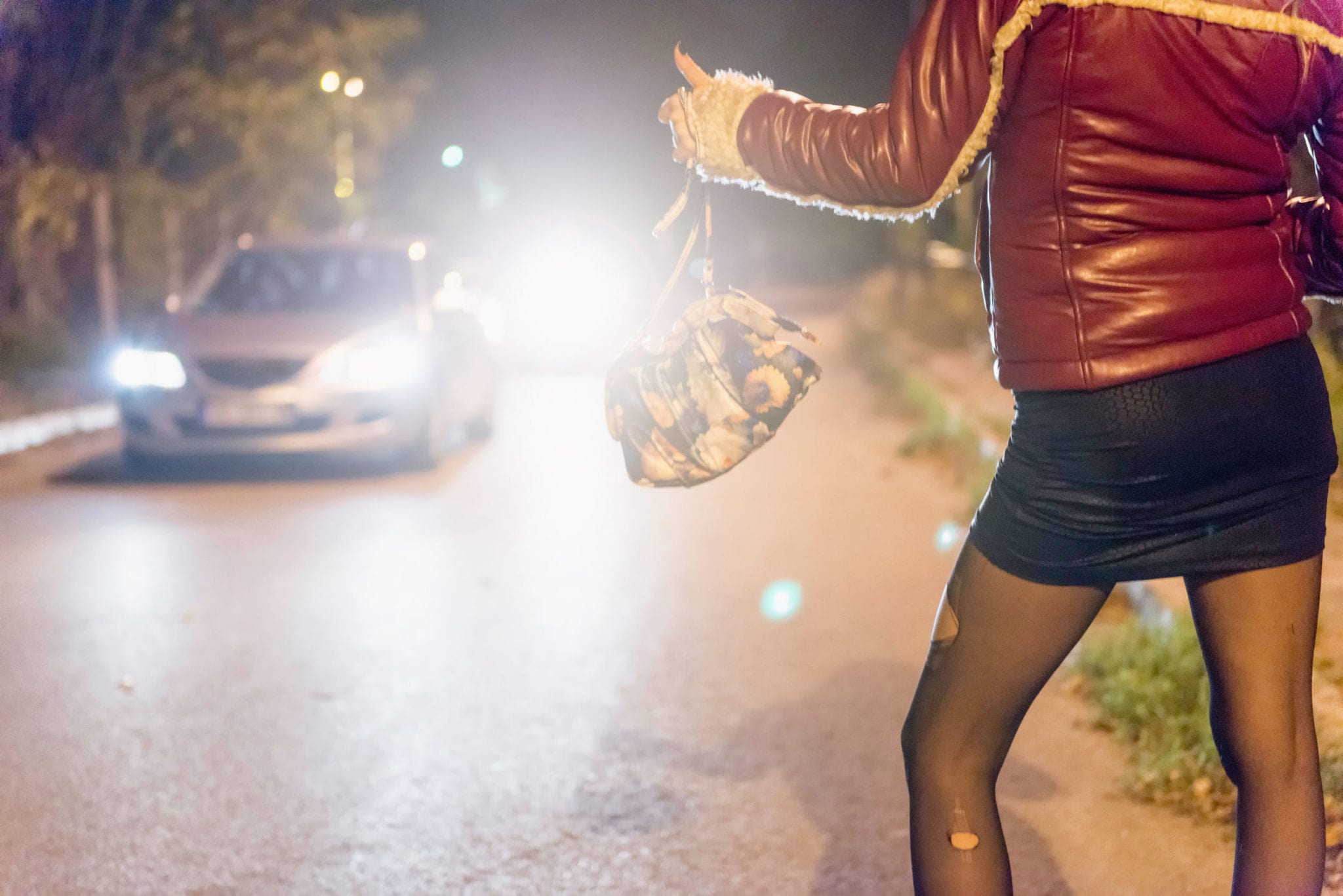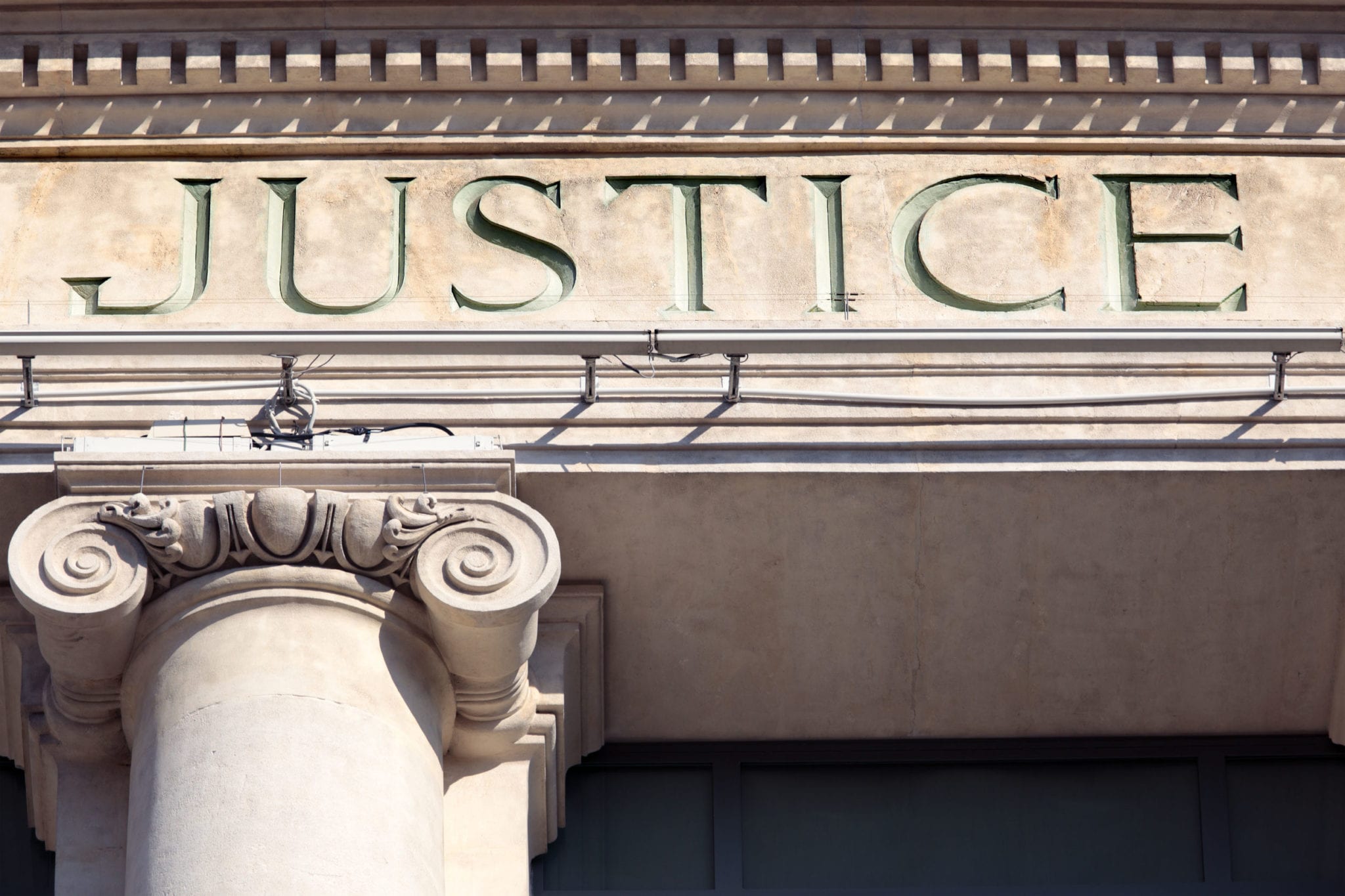Being arrested for solicitation can be an embarrassing situation, even if the charges are ultimately unfounded. However, to be convicted of this “inchoate crime” requires a few elements to be proven.
If you are ultimately found guilty, then the penalties can have a huge impact on your life and your reputation. For this reason, seeking experienced legal counsel in Minnesota is a great step in ensuring your future.
In the meantime, if you’re unfamiliar with inchoate crimes, here’s what they are and how the example inchoate crime of solicitation fits in, as well as how the classification can impact the outcome of a solicitation case.
What is Solicitation According to Minnesota?
In Minnesota, solicitation involves agreeing to pay money to a prostitute in exchange for sexual services. The crime of solicitation is committed when you make the agreement before any sexual acts take place.
That means you can be charged with this crime even if you never engaged in any act or paid money, but simply agreed to the exchange of money for the services.
Though solicitation is most often associated with prostitution, it can also be applicable in other crimes such as larceny or even murder for hire. All you must do is try to get another to commit a crime for you.
The sticking point in many defense strategies for solicitation is the idea of what constitutes an agreement. The prosecution often tries to counter by showing the case meets all the elements of solicitation required to be found guilty.
Minnesota Law: The Elements of Solicitation
Solicitation is considered an inchoate crime. Inchoate crimes, also known as incomplete crimes, are ones that involve seeking another out to participate in a criminal act.
Requesting or inducing another to commit an act, such as prostitution, opens up a person to charges for solicitation. There are two elements of solicitation that must be proven. They are intent and the act.
Proving Intent
The intent to have someone else commit a crime, in this case, prostitution, is the first element of solicitation. Prosecutors must show that the defendant intended to have someone else commit the crime of prostitution.
If the defendant didn’t intend for someone else to commit a crime, then they may not be charged with solicitation. They may not have realized that asking for the act is a crime in itself.
The Act Must Be Criminal
The second element of solicitation is the act. Once someone has intended to convince someone else to commit a crime, it automatically fulfills the second element. No crime has to be completed, but simply suggested, encouraged, or requested. Any criminal act can fulfill this element.
Solicitation is Different from Other Inchoate Crimes
Note, solicitation is different than other inchoate crimes such as attempt or conspiracy in that there is no additional action to further the crime itself. When it comes to the crime of solicitation, there’s no requirement that any further action is taken to commit the crime, asking is sufficient.
Penalties for Solicitation in Minnesota
In the state of Minnesota, solicitation of an adult is usually charged as a misdemeanor.
However, if the act occurs in public, including spaces such as hotels, then it can be considered a gross misdemeanor.
The penalties for solicitation can include up to 90 days in jail and fines up to $1,000 for a misdemeanor. For a gross misdemeanor, you may face a year in prison and a fine of $3,000.
In addition, being found guilty of solicitation may require the forfeiture of a vehicle or personal property that was used in the commission of the crime, even if a misdemeanor is ultimately the conviction an offender receives.
Felony Solicitation
Felony solicitation can be charged in some cases, too. The circumstances in which someone can be charged with felony solicitation is if the crime involves:
- A child under the age of 13 for prostitution
- Offering, agreeing or hiring someone under 13 years of age to engage in sexual contact or penetration
- Agreeing, hiring, or offering to hire someone who the defendant reasonably believes to be under the age of 13 to engage in sexual contact
For crimes above, the penalty is up to 20 years in prison and fines up to $40,000.
Note, that felony solicitation can also be charged if the person engaging in the crime is older than 13 but under 16. Penalties can include 10 years in prison and fines up to $20,000.
Finally, felony solicitation can also be charged if any scenario mentioned involved a child older than 16 but under 18. If found guilty, then the penalty can be up to five years in prison and fines up to $10,000.
If you’ve been arrested, charged, or simply questioned by the police regarding solicitation, then it’s in your best interest to know your rights. This crime is a complex one, so making sure to know the ins and outs of the law.
About the Author:
Christopher Keyser is an AV-Preeminent rated criminal and DWI defense attorney based in Minneapolis who is known for fighting aggressively for his clients and utilizing innovative tactics to get the most positive results. He has been featured in numerous media outlets due to the breadth and depth of his knowledge and named a Certified Specialist in Criminal Law by the Minnesota Bar Association. Mr. Keyser is Lead Counsel rated, and he has received recognition for his criminal law work from Avvo, Expertise, Super Lawyers, The National Trial Lawyers, and more.








